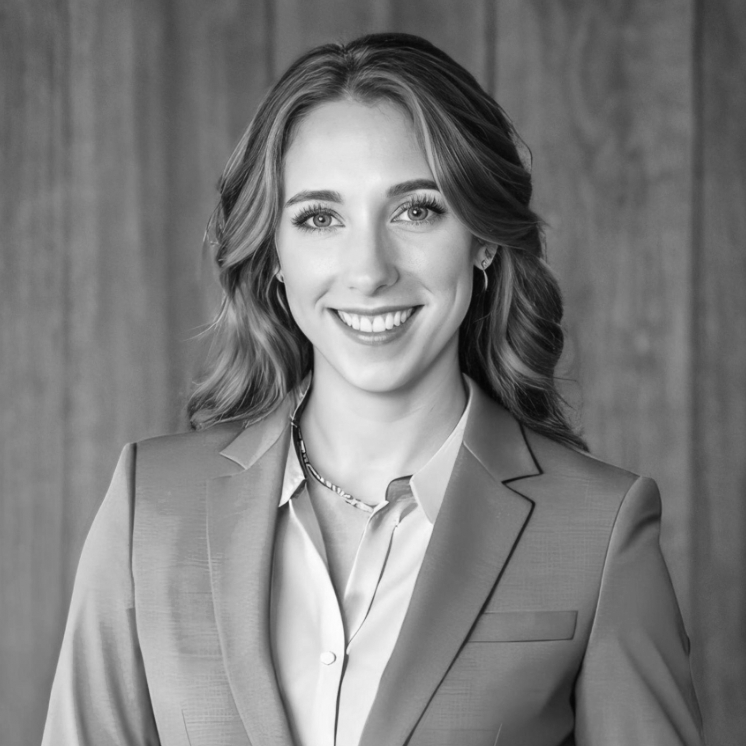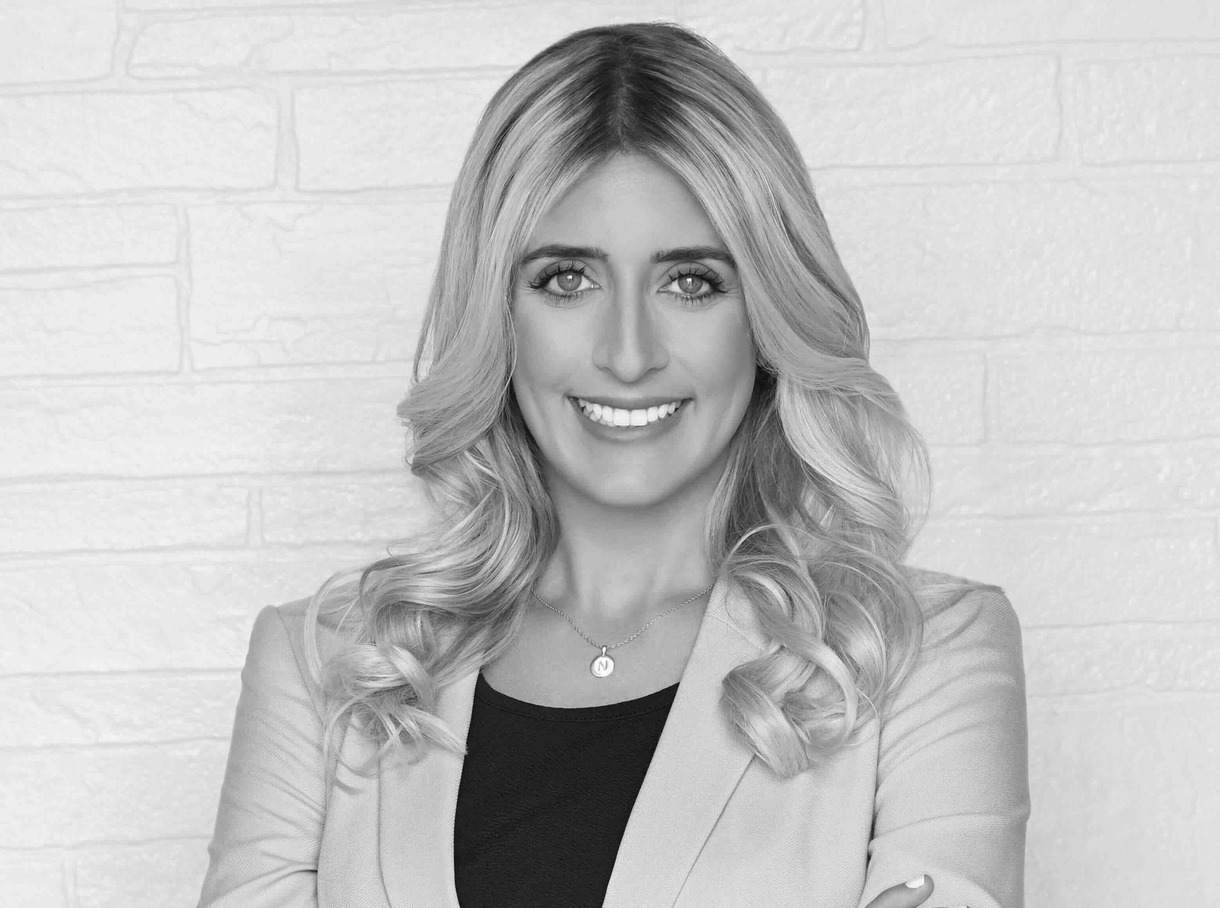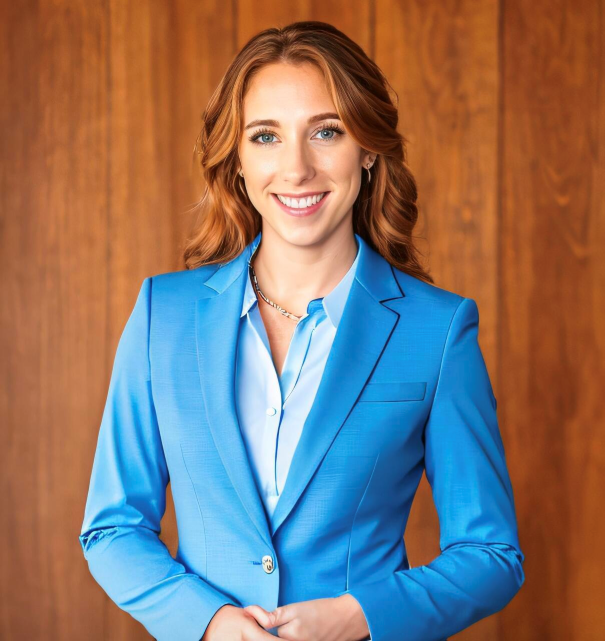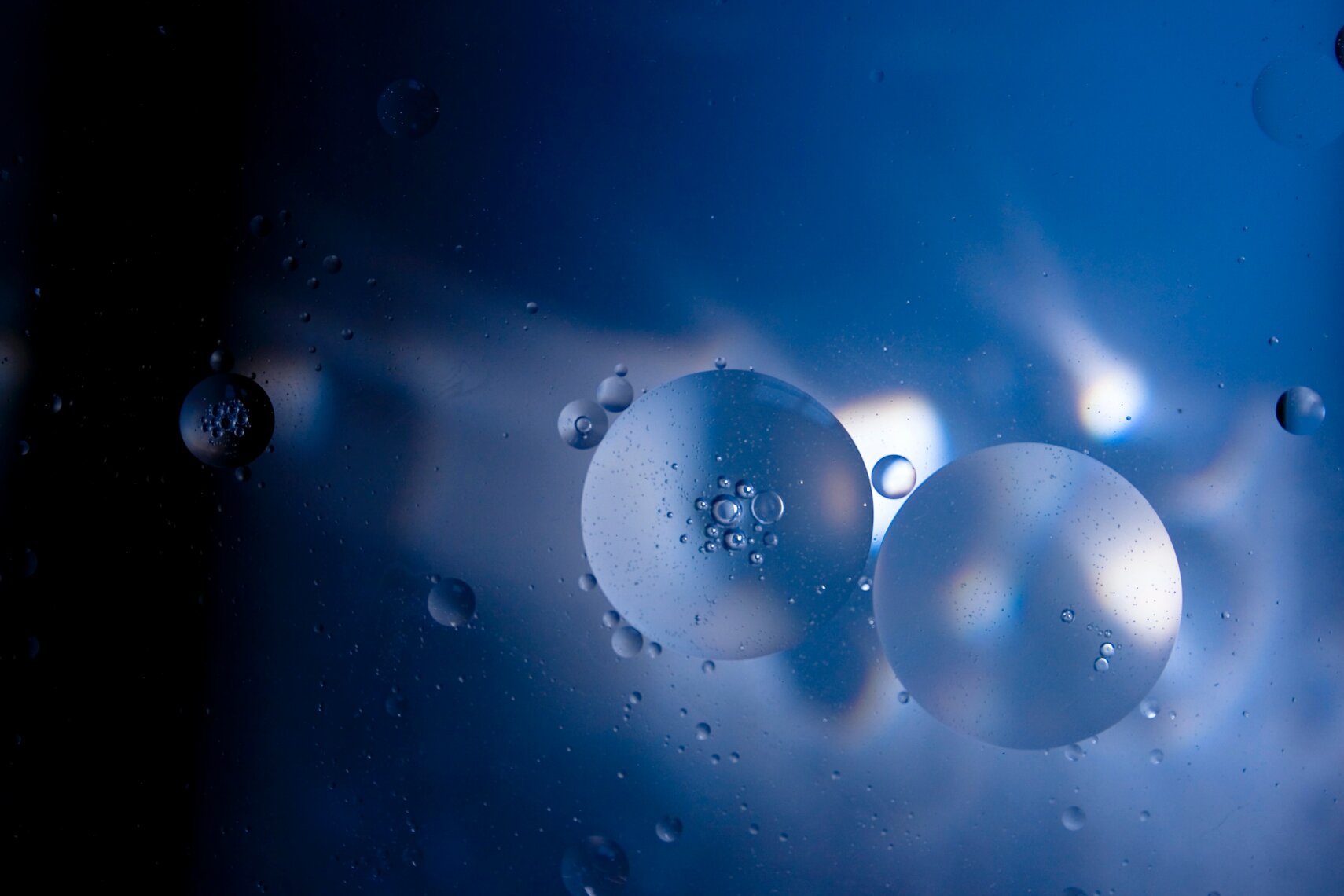 What’s the Difference Between Collagen Peptides and Hydrolyzed Collagen?
What’s the Difference Between Collagen Peptides and Hydrolyzed Collagen?
Collagen Peptides for Hair Growth: Do They Really Work?

Discover the role of collagen peptides in promoting scalp health and hair growth, alongside a detailed look at various hair loss treatments and care tips. Whether you’re dealing with pattern hair loss or exploring the benefits of collagen for hair, this article offers valuable insights and practical solutions for anyone seeking to maintain or improve their hair health.
The Science Behind Hair Loss
Hair loss can affect anyone, and it’s important to understand the causes so that you can pursue the hair loss treatment that would work best for you.
Your hair is primarily made of keratin (a protein) and lives within the hair follicle, which is where it grows. The hair follicle goes through growth, dormant, and loss phases in its life cycle.
- The Anagen Phase of hair is when growth begins, the bulb begins to grow within the follicle and a hair is pushed out through the opening in the skin. This phase can last several years.
- The Catagen Phase is when the hair begins changing in preparation for dormancy and typically lasts less than two weeks. The hair bulb that anchors the strand in the follicle starts to decrease in size and stop growing, forming what is called a “club hair”.
- The Telogen Phase is the dormant or “resting” phase in hair growth, where no hair grows out of the follicle. There may still be a “club hair” in the follicle, but it will unavoidably fall out because it is no longer attached at the base. At any one time, 10-15% of your hair exists in this phase and it can last from three months up to one year for hair on the scalp.
Hair loss typically disrupts this natural cycle, preventing the cycle from moving out of the telogen phase or decreasing the typical ratio of the time spent in anagen to telogen phases, which is 14:1 in a healthy individual [1], to 5:1. The mechanisms behind each type of hair loss are a bit different, and for that reason, there are different treatments for each type.
Male and Female Pattern Hair Loss
Androgenic Alopecia is a type of hair loss related to hormones, age, and genetic predisposition. This is the most common type of hair loss, causing hairline recession and balding at the crown for men, and followed by diffuse thinning hair all over the scalp for women. Approximately 80% of men and 50% of women experience androgenic alopecia by age 70 [2]. Pattern hair loss is characterized by an altered ratio of time spent in anagen and telogen phases of 5:1, whereas the typical ratio is closer to 14:1.
Other Causes of Hair Loss
Traction Alopecia
Consistently wearing tight hairstyles like braids, buns, ponytails, or cornrows, as well as styles that add extra weight to the hair, like extensions or weaves, causes hair loss because the hairs are being consistently pulled out of the follicle by tension. If you’re noticing new hair loss in high-tension areas like by the hairline or temples, wear more gentle hairstyles like loose braids, clips, or a low loose ponytail, and the hair should grow back. If it has been going on for a while and your hair hasn’t gotten a break from the traction, there is less of a chance [3] that your hair thickness or hairline will recover
Cortisol – Sleep and Stress
Studies [4] done on subjects experiencing hair loss events have revealed that high levels of cortisol, your stress hormone, are a major driver of hair cycle disruption. While acute life events like health problems, divorce, or money trouble cause a spike in cortisol, causing significant hair loss, daily stress and unmanaged anxiety play a role as well and can cause a slow thinning of the hair over time.
Disruption of your sleep-wake rhythm or consistent lack of sleep (under 6 hours) can affect the hair’s cycles through an increase in cortisol and disturbances to what are called “clock genes”, which regulate your circadian rhythm and the phases of hair growth. In studies related to hair growth, there is a high incidence of sleep disorders [2] and reported daytime sleepiness in those experiencing hair loss.
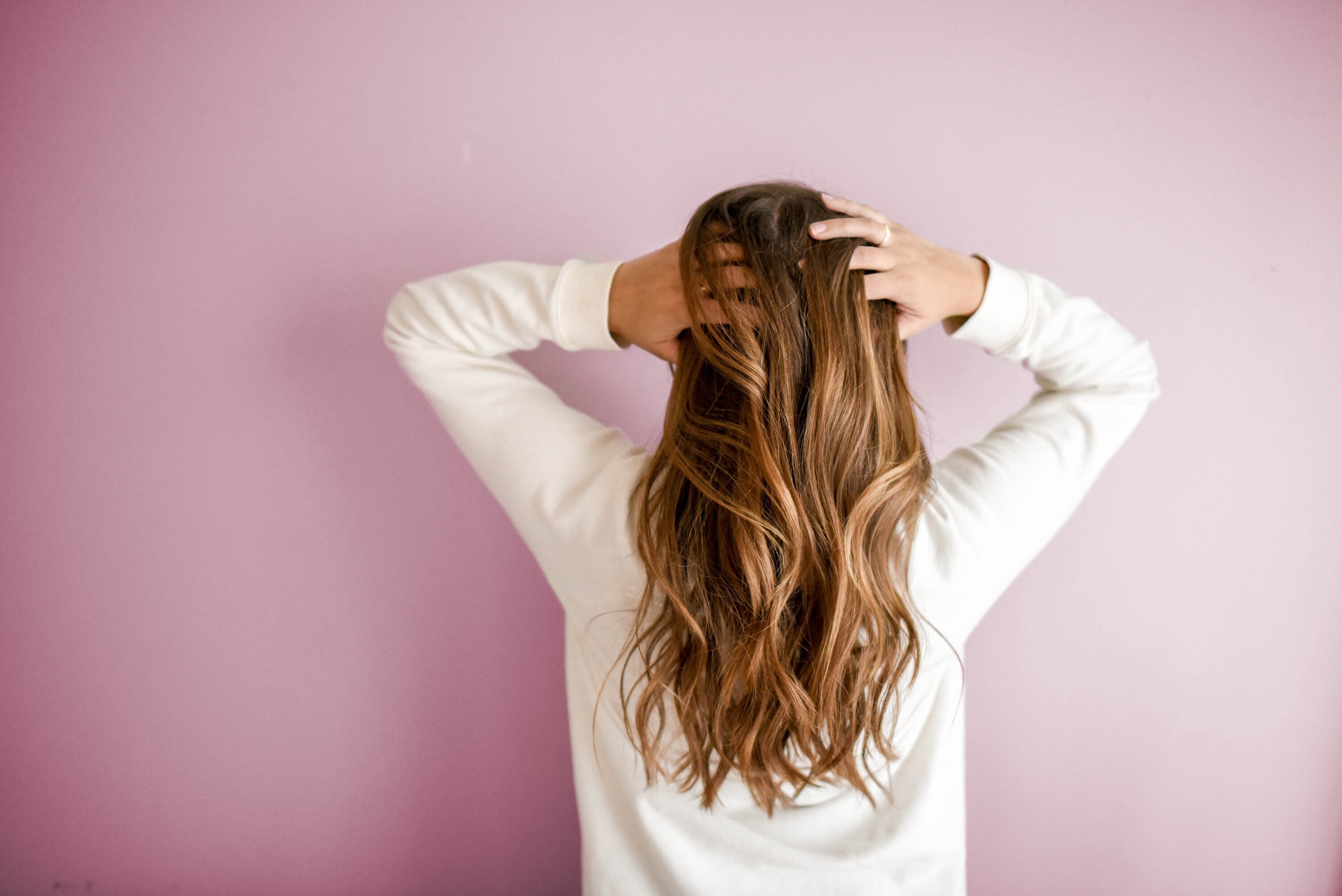
Poor Diet and Vitamin Deficiencies
Your diet can determine your health. Low-calorie diets can cause your body to divert resources away from your skin, hair, or nails in order to fuel other “more important” organs or functions in the body, causing hair loss or a decline in hair health.
A well-rounded diet is important too, as vitamin and mineral deficiencies can cause hair thinning. Some important vitamins and minerals that affect hair growth are;
- Vitamin A – Helps to regulate stem cells in the follicle
- Vitamin B
- Niacin (B3) – Implicated in helping the follicular cycle proceed
- Biotin (B7) – May help with hair strength, but there is not much evidence for its use in people who are not deficient in biotin
- Vitamin D – Helps the follicle return to the anagen growth cycle stage
- Vitamin E – May increase hair count by up to 35%, promoting hair thickness through antioxidant activity
- Omega-3 fatty acids – Promotes hair growth factors and extends the anagen phase, resulting in a longer hair shaft
- Selenium – May promote follicle formation and prevent oxidative damage to the follicle
- Zinc – Regulates protein synthesis, deficiency causes hair loss
Pharmaceutical or Medical Treatment Interactions
Medications that interfere with the cell cycle, like chemotherapy drugs, can cause the hair to fall out or stop growing because new hair is not being made.
What Are Collagen Peptides?
Collagen is the most abundant protein in the human body, comprising up to 35% of the protein in your whole body. There are 28 different types of collagen with unique functions and most supplements will include several of them, for use in distinct tissues in your body.
Collagen peptides are hydrolyzed collagen that has been broken down into its most useful parts, small peptides that are significantly more bioactive than the full collagen molecule. There are collagen peptides that are derived from marine components as well as bovine, and evidence shows that marine collagen peptides [6] are more readily absorbed, cause less inflammation, and are more environmentally friendly to produce. One study identified that marine collagen is better for hair growth [2] as well, resulting in more density of hair in just 90 days of supplementation.
Collagen tripeptides are the best form of collagen for the scalp [6], hair, and skin as they are smaller than 500 daltons, which is essential for entering and inducing tissue remodeling in the skin. There is no evidence tripeptides have more efficacy in remodeling connective tissue like tendons or ligaments than regular collagen peptides.
Benefits of Collagen Peptides for Hair
Promotes Scalp Health
Many people with thinning hair also complain of scaly scalp, oil plugs/folliculitis, or dandruff. These types of skin and scalp problems can influence hair growth, preventing proper hair development. Since hair grows from the base of the hair follicle, blockage at the surface by skin cells or oil inhibits growth. Taking collagen helps to restore your skin’s moisture barrier, making it more resilient and healthy, which in turn will boost hair growth.
Inflammation causes dandruff, acne, dryness, oil production, and more in both the skin and scalp. Taking collagen powder may help prevent or decrease inflammation in the skin by controlling the chemical messengers that induce inflammation, called pro-inflammatory cytokines.
Antioxidant Support
Cellular aging is to blame for many skin and hair problems that develop as we age. One of the leading causes of age-related hair loss and cellular damage is something called oxidative damage, caused by oxidizing factors like UV radiation, smoke, or free radicals. Protecting your scalp from oxidative damage [9] will preserve the health of both the skin cells on the scalp’s surface and the follicle below the surface. Any skin care product, hair care product, or supplement that has antioxidant properties will prevent hair loss and promote hair health. Oral collagen supplements (ideally fish collagen [10]) may prevent oxidative stress from harming the scalp and hair with.

May Improve Hair Growth and Appearance
By removing problems like inflammation, scalp dryness, and oxidative damage, collagen makes it easier for your hair to grow long and strong. Studies have shown that collagen may improve your hair growth “index, length, diameter, weight, and density . . . enhanced hair shine, growth, and skin health [7] while alleviating inflammation.” Electron microscopy revealed that hair damage to the shaft also was decreased in the collagen test groups.
In a study [7] of shaved rats, the rate of hair growth was about the same in all groups, including the control. The hair density, shine, coverage, and strength, though, were significantly higher in the marine collagen group. This is one of the most well-supported, evidence-based ways collagen may improve your hair.
Hair Type Considerations
Collagen helps hair growth no matter if you have natural, wavy, kinky, curly, or straight hair, because the follicle and composition of the hair shaft are the same all around. Collagen amps up the shine factor, improves scalp health, strengthens the connection to the follicle, and strengthens the hair shaft for all.
How to Use Collagen Peptides and Care for Your Hair
Taking collagen peptides should become part of your daily routine if you want to see results. Since many collagen products have different dosing, refer to the directions panel for dosing. Collagen dissolves best in a hot liquid, so try adding it to your morning coffee if you buy the unflavored variety. There are also collagen pills available if you’d prefer to consume collagen that way. Bone broth also contains collagen but is less bioavailable than a collagen peptide supplement so it may not work as well. If you are consistent with taking collagen, you should see results in your hair in as little as 60 days and earlier for your skin.
There are several steps you can take to maintain the health of your hair [8] and improve its appearance and texture. If you are considering prescription therapies, it is advisable to consult your doctor.
- Topical Medications
- Minoxidil (Rogaine) – FDA approved treatment that is effective for androgenic hair loss
- Ketoconazole – shampoo active ingredient that helps with scalp issues like dandruff
- Oral Medications
- Finasteride – blocks testosterone’s effects on the scalp, decreasing androgenic hair loss
- Dutasteride – another new form of finasteride that may be more potent than its predecessor
- Spironolactone – decreases androgenic hair loss and hormonal acne in women
- Minoxidil – can be taken orally but is just as effective topically
- Cyproterone acetate – similar to spironolactone, decreases gonadotropin’s ability to interact with the skin and scalp
- Multivitamins to help with any vitamin deficiencies
- Hair Care
- Not drying your hair with a towel may decrease breakage and keep the hair more hydrated
- Being gentle when brushing your hair and not brushing your hair when wet helps decrease breakage
- Ensure you are using products that are right for your hair type, porosity, and protein content
- Scalp oiling (several oil types you can use, like castor, tea tree, rosemary, cedar, etc) and rosemary water are trending because they both stimulate and protect the scalp
- Red light therapy stimulates the scalp, pushing follicles into the active growing state
- Treatments
- Microneedling – increases collagen production in the scalp and reactivates hair follicles
- Platelet Rich Plasma (PRP) – injection of therapeutic plasma into the scalp to stimulate the follicles
Since collagen is typically made from different materials (shellfish, eggs, animal meat, fish, etc) by different brands, you should always check the label if you have any allergies or dietary restrictions. Some people experience side effects like nausea or a rash.
Though collagen peptide supplementation does not make your hair grow faster, it improves hair strength (no more brittle hair!) and appearance so your hair can grow longer and without breakage. It also improves scalp health, which may lead to the growth of new hair.
You should see results in your hair and skin when taking a supplement containing collagen between 60-90 days.
If you are pregnant or have any other medical conditions, it’s always a good idea to talk to your doctor before adding a new supplement to your daily routine. For the average person, collagen is safe as long as you don’t have any allergies.
Collagenhealth.com writers follow rigorous sourcing guidelines and cite only trustworthy sources of information, including peer-reviewed journals, court records, academic organizations, highly regarded nonprofit organizations, government reports and interviews with qualified experts.
-
Ezra Hoover; Mandy Alhajj; Jose L. Flores. (2023). Physiology, Hair.
-
Nicole Natarelli; Nimrit Gahoonia; K. Sivamani. (2023). Integrative and Mechanistic Approach to the Hair Growth Cycle and Hair Loss.
-
Joel K. Pulickal; Feroze Kaliyadan. (2023). Traction Alopecia.
-
Erling Thom. (2016). Stress and the Hair Growth Cycle: Cortisol-Induced Hair Growth Disruption
-
Su Bin Hwang; Hyeon Ju Park; Bog-Hieu Lee. (2023). Hair-Growth-Promoting Effects of the Fish Collagen Peptide in Human Dermal Papilla Cells and C57BL/6 Mice Modulating Wnt/β-Catenin and BMP Signaling Pathways.
-
Hee-Bong Pyun; Minji Kim; Jieun Park; Yasuo Sakai; Noriaki Numata; Jin-Yeong Shin; Hyun-Jung Shin; Do-Un Kim; Jae-Kwan Hwang. (2012). Effects of Collagen Tripeptide Supplement on Photoaging and Epidermal Skin Barrier in UVB-exposed Hairless Mice.
-
Su Bin Hwang; Hyeon Ju Park; Bog-Hieu Lee. (2023). Collagen Hydrolysate from the Scales of Mozambique Tilapia (Oreochromis mossambicus) Improve Hair and Skin Health by Alleviating Oxidative Stress and Inflammation and Promoting Hair Growth and Extracellular Matrix Factors.
-
Mark S. Nestor MD, PhD; Glynis Ablon MD; Anita Gade DO; Haowei Han DO; Daniel L. Fischer DO, MA. (2021). Treatment options for androgenetic alopecia: Efficacy, side effects, compliance, financial considerations, and ethics.
All content on Collagenandhealth.com is thoroughly examined and validated by board-certified physicians to guarantee its precision and reliability.
Our reviewers possess specialized expertise in the field of collagen supplements and their implications for health and wellness.
Through the guidance of trusted reviewers, we ensure that the information provided is independent and informative.
At Collagen and Health, we prioritize your well-being and trust. Our commitment to your health journey is rooted in:
Every article is grounded in scientific research, ensuring you receive factual and up-to-date knowledge.
Our team includes seasoned doctors with a deep understanding of collagen and its health benefits, who meticulously review each piece of content.
Our precise fact-checking process guarantees that the information we provide is both trustworthy and practical.
Choose Collagen and Health for reliable, expert-approved guidance on your journey to better health with collagen.
Learn more about us What’s the Difference Between Collagen Peptides and Hydrolyzed Collagen?
What’s the Difference Between Collagen Peptides and Hydrolyzed Collagen?
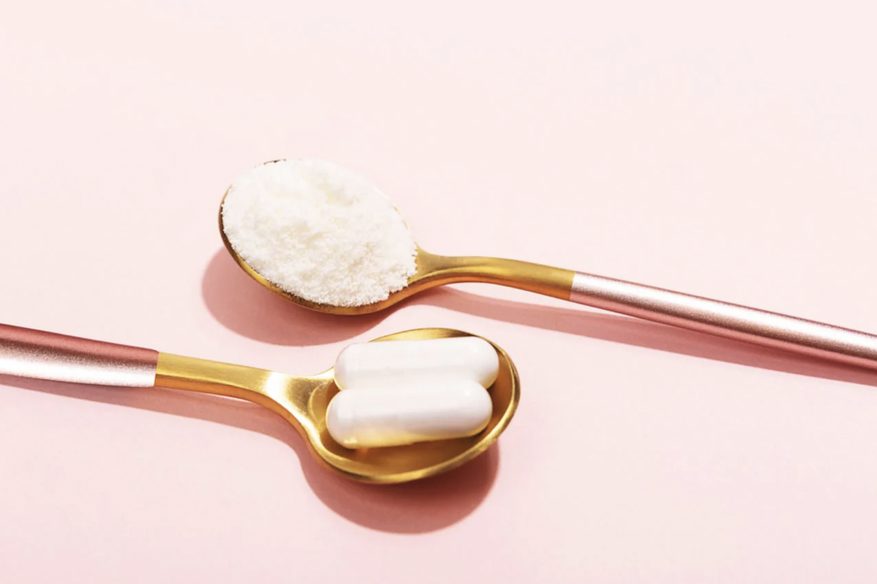 Collagen Peptides: Support Your Skin the Nutritional Way
Collagen Peptides: Support Your Skin the Nutritional Way
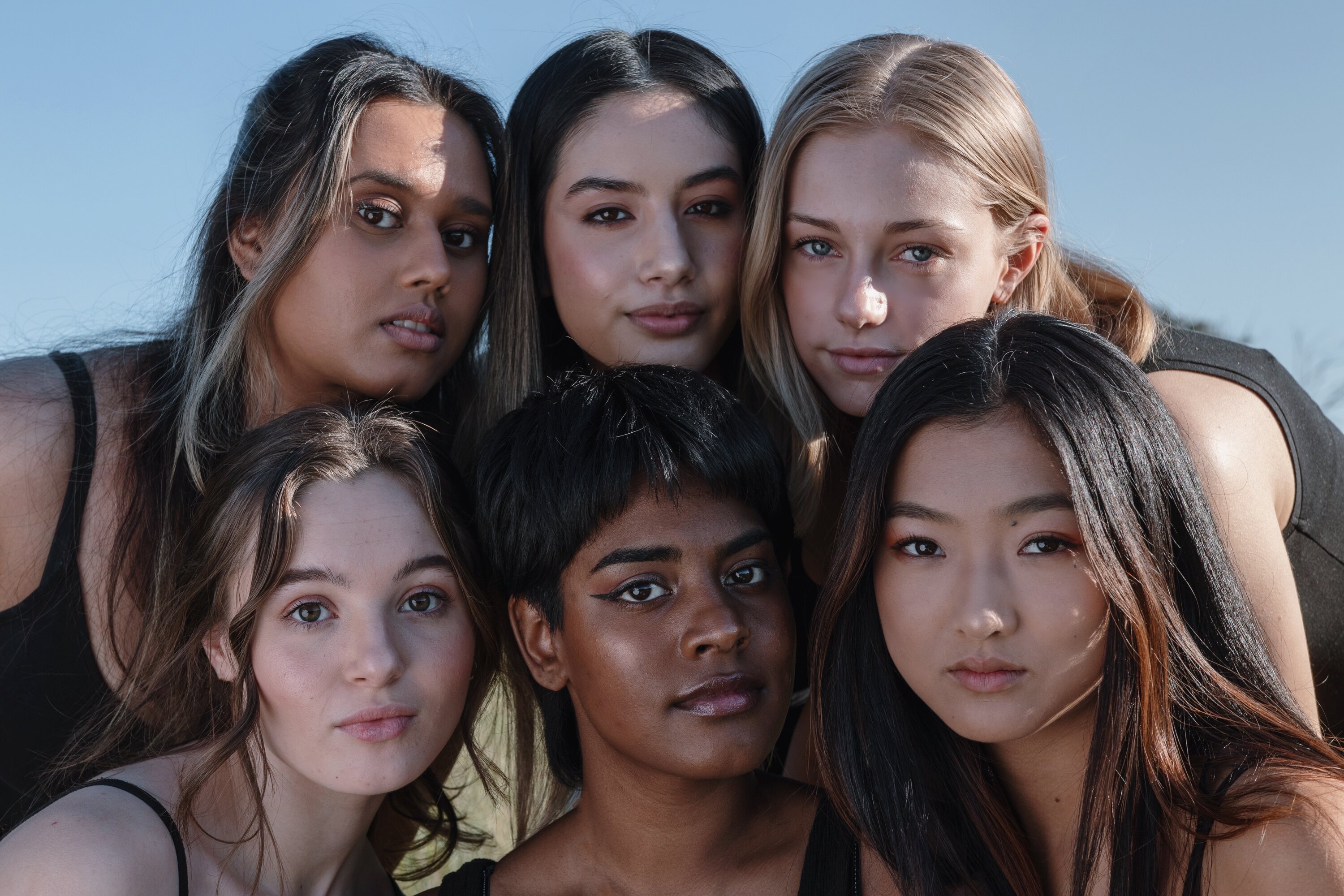 Does Ethnicity Affect How Our Skin Ages?
Does Ethnicity Affect How Our Skin Ages?
 Collagen Peptides for Hair Growth: Do They Really Work?
Collagen Peptides for Hair Growth: Do They Really Work?


